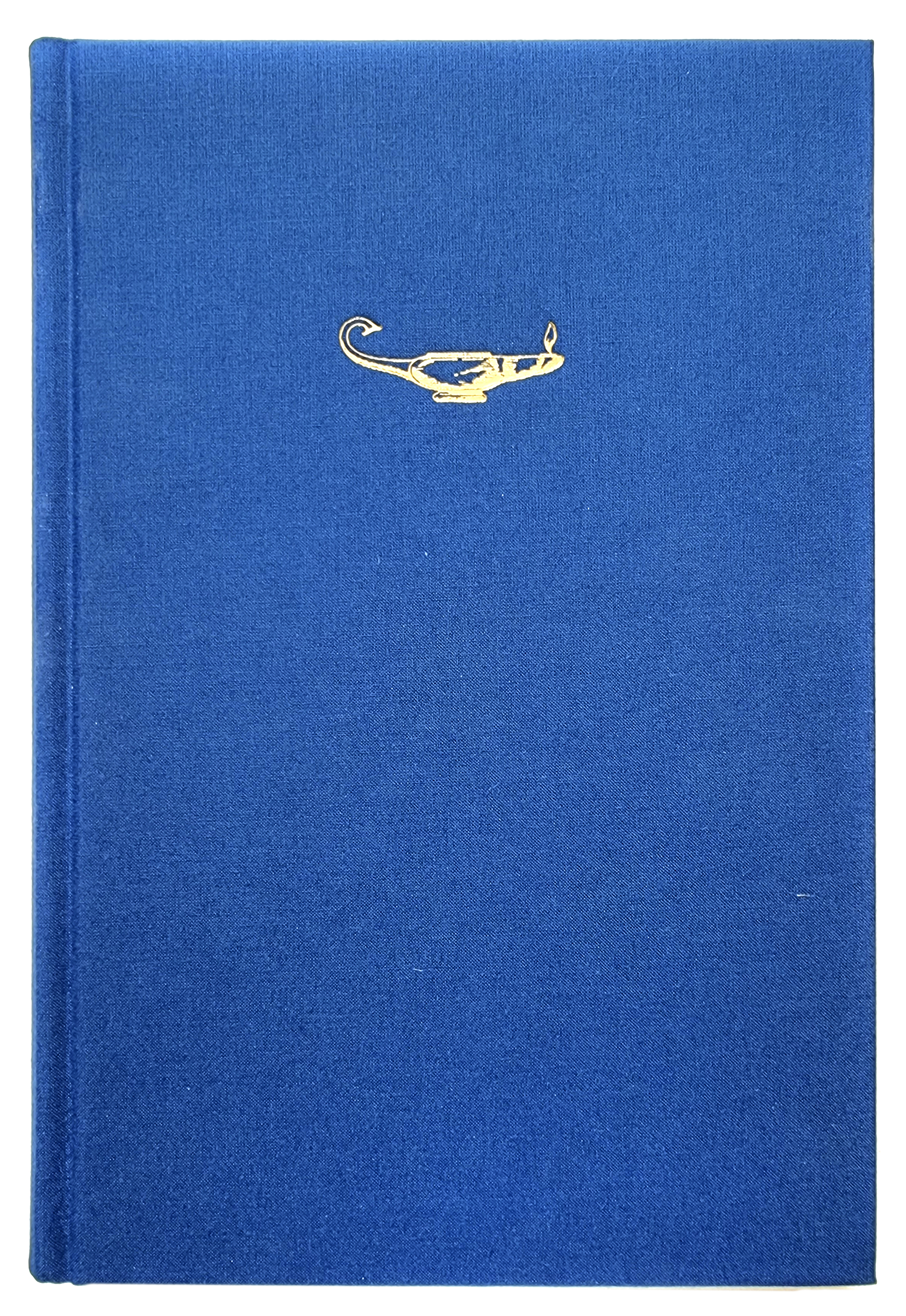Homeopathy in Sweden and Brazil, 1880–1930
‘Golden ages’ with radically different implications
Nyckelord:
Homeopathy, national histories, twentieth century, comparative method, Sweden, BrazilAbstract
In this paper on the comparative history of homeopathy in Sweden and Brazil, we approach the early decades of the twentieth century, which might be characterised as a ‘golden age’ for homeopathy in both countries. However, contexts and determinants were dramatically different, resulting in radically different implications. In Brazil, homeopathy was granted official governmental recognition, being consequently restricted to academically trained physicians, while all forms of lay healing were legally banned. In Sweden, homeopathy never achieved any formal institutional status, but eventually came to be permitted to lay healers, who earned the right to practice through a Riksdagen bill. Besides the commonplace discussions on the scientific (or not) basis of homeopathy, many other factors—the grounds underlying national health systems, in particular—have equal, if not greater, weight on the attitude vis-á´à-vis non-mainstream medical approaches.
Downloads
Publicerad
Nummer
Sektion
Licens
This work is licensed under a Creative Commons Attribution 4.0 International License. The copyright for the work published in Lychnos remains with the authors.


